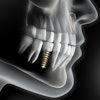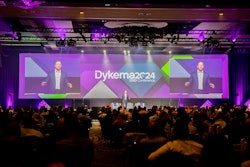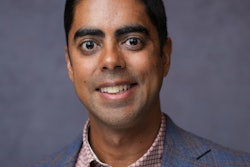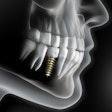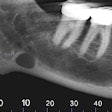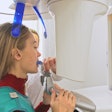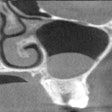Dental technology is evolving quickly to meet the expanding expectations of consumers, clinicians, and team members.
Many new and maturing technologies were on display earlier this year at the Chicago Midwinter Meeting. Here is what four thought leaders — ranging from a private practice owner to an executive with the country’s largest DSO — think are the must-haves for 2024.
Some of the answers have been lightly edited for clarity and space.
Louis Kaufman, DDS, owner of Smile Design Studio of Hyde Park, and a Smile Source administrator for the Chicago region
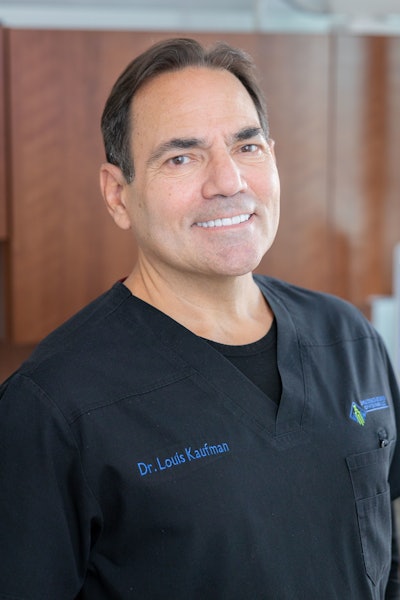 Louis Kaufman, DDS.
Louis Kaufman, DDS.
“For sure, it’s anything to do with AI. I’ve been a big user of Pearl for 18 months. That is a definite win for the practice and for the patients in terms of education because they’re seeing what you’re seeing. I highly recommend that. AI for periodontal charting and note-taking is also taking off.
“Virtual receptionists are really big right now for online scheduling. I saw a few companies at Midwinter. I’m also looking at Toothapps, which normalizes data and integrates websites, calendars, instant messaging, teledentistry, and digital forms in a single place.
“Cloud-based platforms are important because of the speed, accessibility, and storage. I’ve been using cone beam for 13 years; it eats up your storage. With scanners and digital dentistry, we have so much data. We’re capturing everything digitally, so going cloud-based is a must.
“I think 3D printing has a lot of buzz and I can’t wait until it becomes more affordable. There are some great systems on the market, and many were exhibiting at Midwinter. Everyone talks about what they’re saving compared to sending out to a laboratory, but what is it costing you in terms of your dental assistant’s time and for the dentist who loses chair time?
“I also think robotics will be huge in a few years, such as the Yomi guided dental implant surgery robot. We all know that dentistry is backbreaking, so anything we can do ease the pain and suffering will be welcome.”
Sundeep Rawal, DMD, senior vice president of Implant Dental Services at Aspen Dental
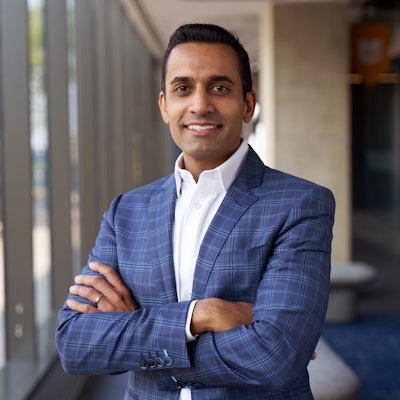 Sundeep Rawal, DMD.
Sundeep Rawal, DMD.
“At Aspen, one of our primary focuses is the patient experience and making it easier for them to get the care they need in ways that are convenient and easy to access. One area where we are enhancing the experience, and which excites me, is the investments we’re making in artificial intelligence. Two good examples include having AI help facilitate scheduling and answering some of the basic questions patients have, such as where the office is located and the office hours. That’s becoming more automated, and we’re using artificial intelligence to help us make better decisions about what kind of availability we have so patients can get the appointment they need in the time frame they need it, on the day they need it, that fits their lifestyle.
“Then you think about, once they come into the office, how can we use AI. We’ve been looking at AI diagnostic analysis for over five years and the maturity in that technology is rapidly changing with the new FDA clearances. It’s allowed us to feel really confident to scale that technology, and it’s one of our strong initiatives for 2024.
“We’re leveraging AI technology and automation on the backend to make it easier for patients to pay their bill, as well as integrating it into the revenue cycle.
“Everything we do is geared toward giving patients a better experience. We have digital forms. We invested in digital design with CAD/CAM and 3D printing. We’ve done hundreds of thousands of digitally-printed dentures and it’s been amazing for patient care. Anything we can do to make it an easier experience, and deliver on our promise to patients to deliver faster and more predictable outcomes that are affordable, is a win across the board.”
Trevor Maurer, CEO of OMS360, an oral surgeon support organization that operates 17 practices in five states, and an operating partner at Shore Capital, a private equity group that has started 58 companies, including OMS360
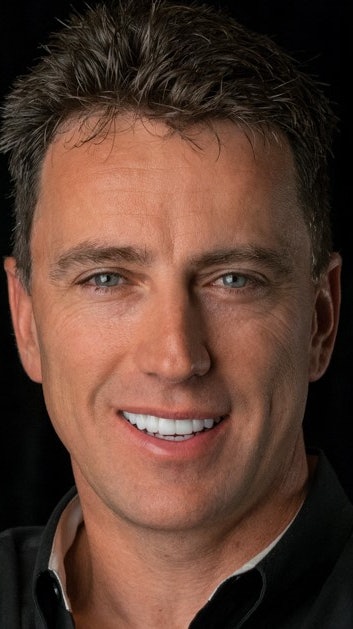 Trevor Maurer.
Trevor Maurer.
“Turnover is difficult right now for nonclinical positions, including the front desk team. Constantly training new hires is expensive and exhausting. We implemented Patient Prism which records our new patient phone calls and provides almost immediate training on how to provide better customer service, convert more appointments, and improve practice performance. It’s a valuable tool in our integration of new partner practices. If they are not seeing a high conversion rate, we will delay deploying marketing resources until the Patient Prism statistics prove the practice is ready for higher call volume and can service those patients who want to come in to see our doctors.
“Another technology that’s working well is Remit AI from Zentist. It has saved us countless hours of labor in RCM (revenue cycle management). We only recently deployed that, but we’re already impressed.
“What I’m really excited about in the future is the potential to use AI to actually book appointments. I’ll wait for now, but am keeping a close eye on that technology as it becomes more mainstream.”
Melissa Malloy, vice president of operations of Heartland Dental
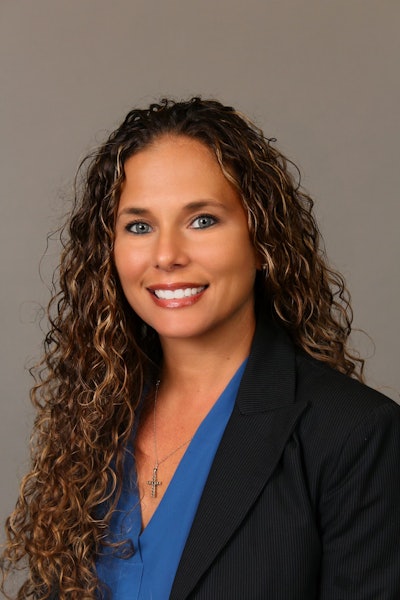 Melissa Malloy.
Melissa Malloy.
“Heartland Dental takes a thoughtful approach to implementing new technologies. Our support teams made up of industry-leading experts are constantly learning from the external environment and exploring new technologies that can help our supported doctors enhance patient care in their communities.
“Over the years, we have implemented various technologies to enhance our Business Assistant role and streamline processes such as insurance verifications. Late last year we rolled out AI technology across all our supported offices. This has enabled our supported doctors and dental office team members to delve deeper into AI’s potential and leverage it effectively in patient communications and elevating patient care while maintaining clinical autonomy."
Innovate to elevate patient care
It wasn’t that long ago that dental practices had answering machines, fax machines, and photocopiers.
And patients used to receive paper statements, write out checks, put them in an envelope with a stamp, and mail them off.
Times change. How you run your business must change as well.
Gone are the days when you needed separate companies for each part of the patient journey. Cloud-based practice management systems like Denticon can manage each part, from online scheduling and form completion, to two-way texting and automated patient communication, to eligibility verification, claims processing, and ERA autoposting, to automated payment reminders, which give patients an easy way to pay online. Sophisticated digital imaging services now have embedded AI functionality that helps detect lesions, open margins, and bone level measurements.
With the advancement of APIs and technology integration, team members can save hours by automating tasks that used to be done manually, such as reporting and data analysis. These are technologies that will be must-haves as dental practices and dental support organizations strive to attract tech-savvy dentists, team members, and patients this year and in the years to come.
Beth Gaddis is the editor in chief at Planet DDS, a dental technology company specializing in cloud-based practice management systems, digital imaging, and dental marketing services. Previously, she was the marketing director for two large dental service organizations. Prior to entering the dental industry, she was a journalist for 16 years in a variety of roles, including as a TV news producer at the CBS affiliate in Boston. You can connect with her on LinkedIn.
The comments and observations expressed herein do not necessarily reflect the opinions of DrBicuspid.com, nor should they be construed as an endorsement or admonishment of any particular idea, vendor, or organization.



